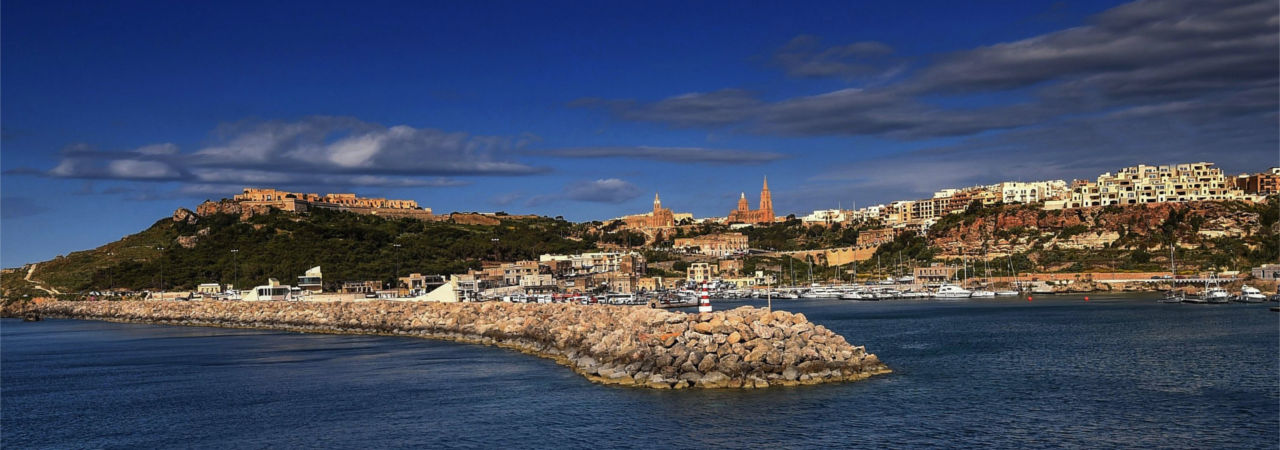
The Real Estate Market in Malta: A Mediterranean Gem for Investors
Nestled in the heart of the Mediterranean, Malta has become a beacon for real estate investors seeking a mix of stability, growth potential, and lifestyle appeal. With its rich history, stunning landscapes, and strategic location, the island nation continues to attract international buyers and developers alike. Here’s an overview of why Malta’s real estate market is making waves globally.
A Resilient Market with Steady Growth
Malta’s real estate market has demonstrated remarkable resilience over the years. Despite global economic uncertainties, the demand for property on the island has remained strong, supported by Malta’s robust economy and favorable regulatory environment. Property prices have shown steady appreciation, with high demand for both residential and commercial spaces.
One key factor driving this stability is the limited supply of land. As a small island, Malta faces geographical constraints, which naturally sustain property values and create a competitive market. This scarcity of space makes real estate an attractive investment for those looking to benefit from long-term capital appreciation.
A Magnet for International Buyers
Malta’s position as a financial hub and its favorable tax policies have made it a hotspot for expatriates and international investors. The country’s citizenship and residency programs, which offer attractive pathways for foreign nationals, have further fueled demand. These programs allow investors to purchase property as part of their application, creating a strong link between real estate and Malta’s global appeal.
The island’s popularity among expatriates, particularly from Europe, is also supported by its lifestyle offerings. With over 300 days of sunshine a year, a rich cultural heritage, and a high standard of living, Malta is an idyllic location for those seeking a Mediterranean lifestyle.
Diverse Investment Opportunities
Malta’s real estate market offers diverse opportunities to suit a variety of investment strategies. From luxury villas in exclusive locations like Sliema and St. Julian’s to charming townhouses in historic cities such as Valletta and Mdina, there is something for every investor. Additionally, the demand for modern apartments in urban areas has surged, driven by the influx of young professionals and digital nomads.
Commercial real estate is another growing segment. Malta’s thriving sectors, such as iGaming, fintech, and maritime industries, have spurred demand for office spaces and co-working hubs. Retail and hospitality properties are also in demand, buoyed by Malta’s reputation as a prime tourist destination.
Sustainability and Future Trends
The Maltese government has placed an increasing emphasis on sustainability in construction and urban planning. Initiatives to promote energy-efficient buildings, green spaces, and renewable energy integration are shaping the future of the real estate market. Investors and developers are encouraged to incorporate eco-friendly practices, aligning with global trends and the island’s commitment to sustainable development.
Looking ahead, Malta’s real estate market is poised to remain a solid choice for investors. Its combination of economic stability, strategic location, and lifestyle allure ensures that the island will continue to attract global attention. Whether you’re seeking a holiday home, a retirement haven, or a lucrative investment, Malta offers a unique blend of opportunities that make it a true Mediterranean gem.
Ownership Restrictions:
- Foreign Ownership:
- Non-EU/EEA nationals must obtain an Acquisition of Immovable Property (AIP) Permit to purchase property, unless buying in Special Designated Areas (SDAs) where no restrictions apply.
- EU/EEA nationals residing in Malta for at least five years can buy multiple properties without an AIP permit.
- EU citizens who are not residents can only buy one property for personal use unless in SDAs.
- Special Designated Areas (SDAs):
- Foreigners can buy multiple properties in SDAs without restrictions. These areas include luxury developments like Tigné Point, Portomaso, and Smart City.
- Inheritance & Transfers:
- There are no restrictions on inheriting property, but applicable stamp duty and inheritance taxes may apply.
Real Estate Taxes:
- Stamp Duty:
- Standard rate: 5% of the property value.
- First-time buyers: Reduced rate of 1.5% on the first €200,000.
- EU citizens buying their primary residence in Malta may benefit from reduced rates.
In Malta, capital gains tax on the sale of property is generally not applicable under the standard system. Instead, a Property Transfer Tax (PTT) is applied. Here’s how it works:
- Property Transfer Tax (PTT) Instead of Capital Gains Tax
- 12% tax on the selling price (not the profit) for most property sales.
- 5% tax applies if the property is sold within five years of acquisition.
- Exemption: If the property was the seller’s primary residence for at least three years before sale, no tax is due.
- Rental Income Tax:
- Standard rental income tax: 15% flat rate.
- Short-term rentals or commercial leases may be taxed differently based on agreements.
Conclusion
Malta’s real estate market reflects the island’s dynamic spirit and enduring appeal. For investors looking to capitalize on a thriving market in one of the most picturesque locations in the world, Malta stands out as a prime destination. With its stable growth, diverse opportunities, and commitment to sustainability, the future of real estate in Malta looks bright.
If you need assistance on the above, contact Ecovis Malta (malta@ecovis.com), and we would be happy to help you.
Contact us:
Claire Galea
ECOVIS Malta
Valletta RoadLevel 3, Victoria Centre
MST9012 Mosta
Phone: +356 222 66 400
www.ecovis.com/malta


